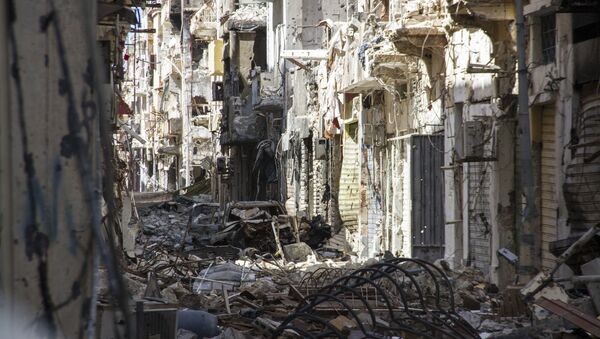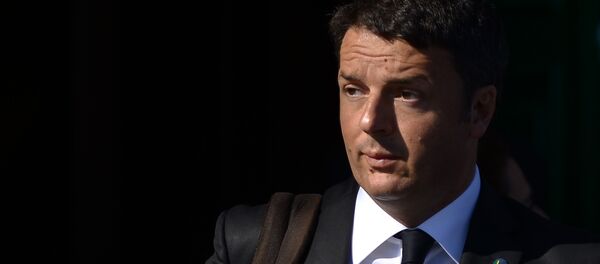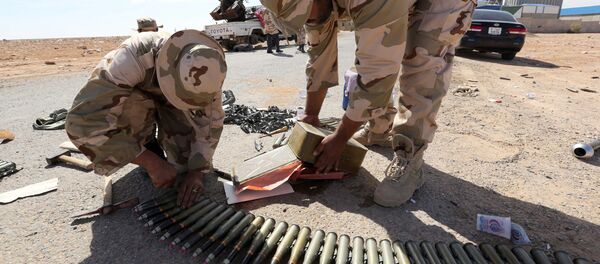"At the top of the agenda…has to do with Libya and the potential for a new intervention in Libya," Draitser tells Loud & Clear, referring to President Barack Obama’s visit to Germany for the G5 summit this week. "Which really would, in fact, be a continuation of the illegal war waged in 2011.
"This is about European policy, European influence over Libyan energy, and also European power and influence in North Africa, broadly speaking. This is a very significant subject which gets very little attention in the Western media."
While Libya was once a prosperous nation, the NATO bombing of 2011 and ousting of President Muammar Gaddafi has left it in chaos. This makes the North African nation easier to partition.
"Libya is not a significant oil exporter or oil interest for the United States, but it certainly is one for European countries," Draitser says. "That’s a sort of nakedly colonial way of looking at it but, in fact, that is how a lot of the European powers see Libya, as merely a colonial obstacle that they have to deal with in order to abstract what they want.
"[European powers] could not allow an economically independent and increasingly economically powerful country outside of their sphere of influence to emerge, and so they fractured it."
That fracturing has allowed the terrorist group Daesh, also known as IS/Islamic State, to flourish, especially in Gaddafi’s hometown of Sirte.
"It’s…not only symbolically important as Gaddafi’s hometown, but strategically important because of its location, because it allows ISIS to operate on both sides of the country," Draitser says. "[It] is essentially a mercenary army is able to more-or-less destabilize all the different regions of Libya.
"In many ways, it provides a very convenient pretext for the Western powers to be able to reassert, or reinsert, themselves into Libya."
Instability within a number of European nations could also provide an impetus for launching a new foreign intervention.
"At this point, each of those countries has very complex political circumstances that I think, in many ways, the leaders could benefit from something like an intervention in Libya to draw attention away from the ongoing protests in France, away from the political scandals in Britain, away from the weakness that [German Chancellor Angela] Merkel has shown in the refugee crisis…
"…When these leaders and when these countries are cornered, that’s precisely when they’re at their most dangerous."
The final decision on whether the US and its allies will deploy warships off the coast of Libya will be determined during a Warsaw summit on July 7.
According to a statement from British Prime Minister David Cameron’s office, the alliance promises to "work with the new Libyan government to build the capacity of the Libyan coastguard to help stem the flow of illegal migration across the Mediterranean into Europe."




